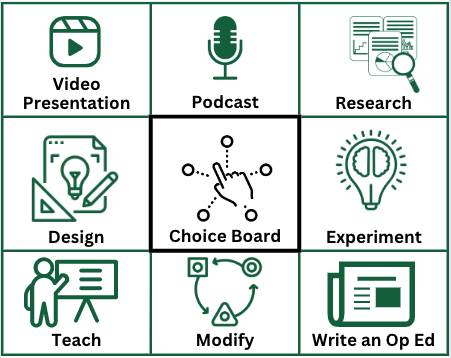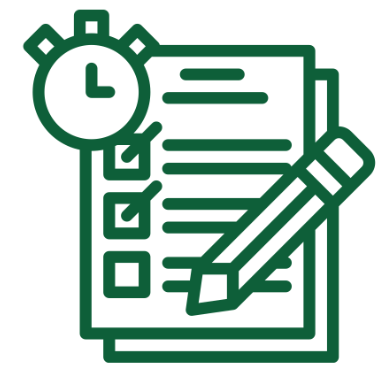Gather Data, Take a Timely Look, and Make Change
[social-bio]
Recently, I read Fetterman, Deitz & Gesundheit’s 2010 article on using empowerment evaluation to renew a medical curriculum. The Stanford University School of Medicine engaged in a process of collecting data about their courses and providing that data back in a timely fashion to faculty and directors who engaged in reflection and discussion to create changes in courses, clerkships, and across the curriculum. Such discussions, timely feedback, and the facilitation by a curriculum evaluation person acting as critical friend were identified as key components of this process. The article provides details including how they addressed challenges for faculty such as balancing demands on time and sharing course and curriculum evaluations with colleagues to discuss strengths and weakness. The challenge of providing timely feedback within weeks rather than months was also identified and addressed (feasible with today’s computer number crunching and the personnel support for summarizing comments).
What struck me is the similarity between Stanford University School of Medicine’s process of empowerment evaluation and our University of Saskatchewan’s Curriculum Innovation and Renovation Cycle . Both draw on the strength of faculty members’ ability to examine data and draw on their experiences to make changes with facilitation support, and in doing so meet the principles of data-informed, faculty-driven, and developer-supported curriculum renewal process (Wolf, 2007).
The Benefits?
Improved teaching, improved student learning, improved evaluations, and a culture of evidence and reflection.



